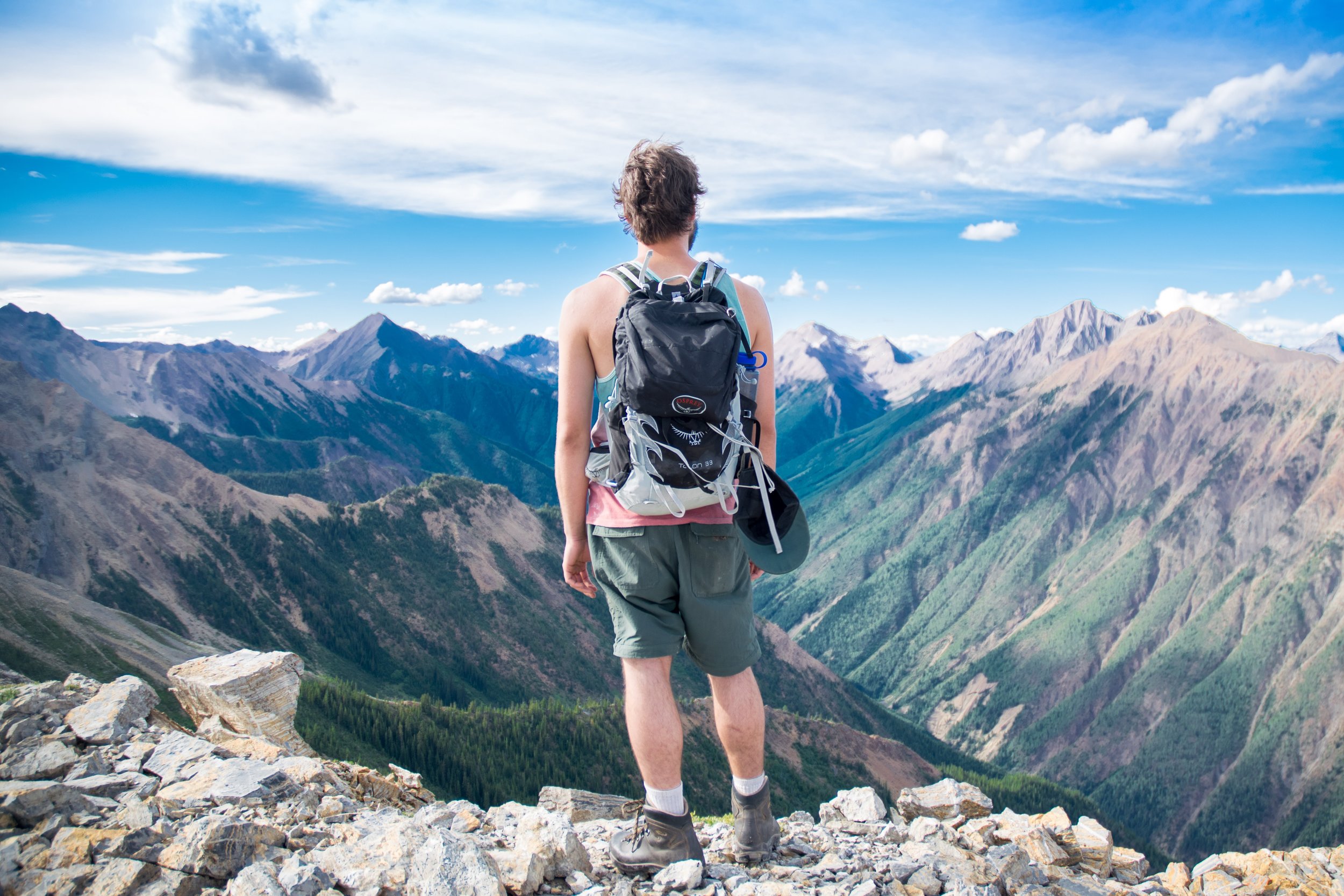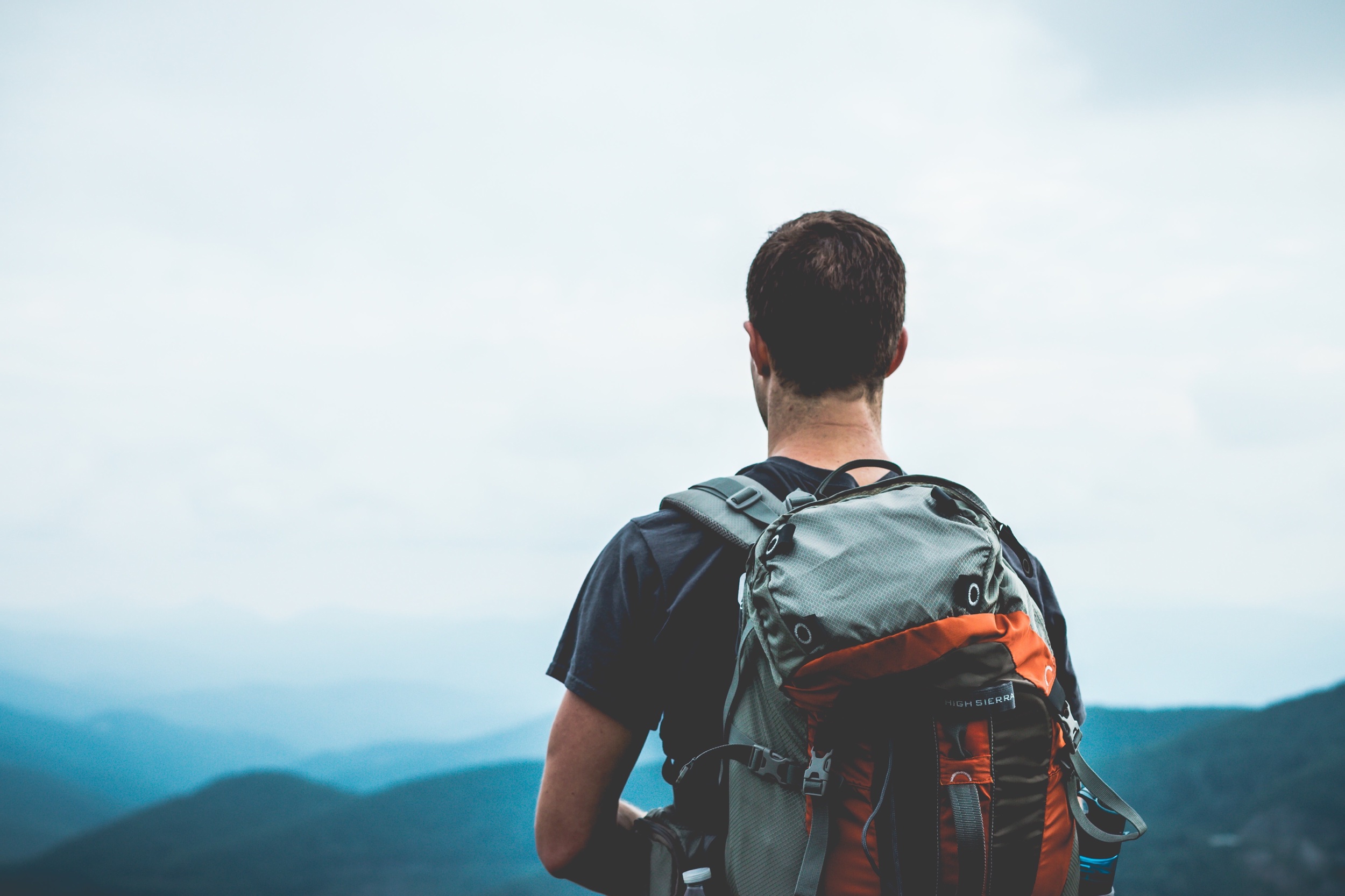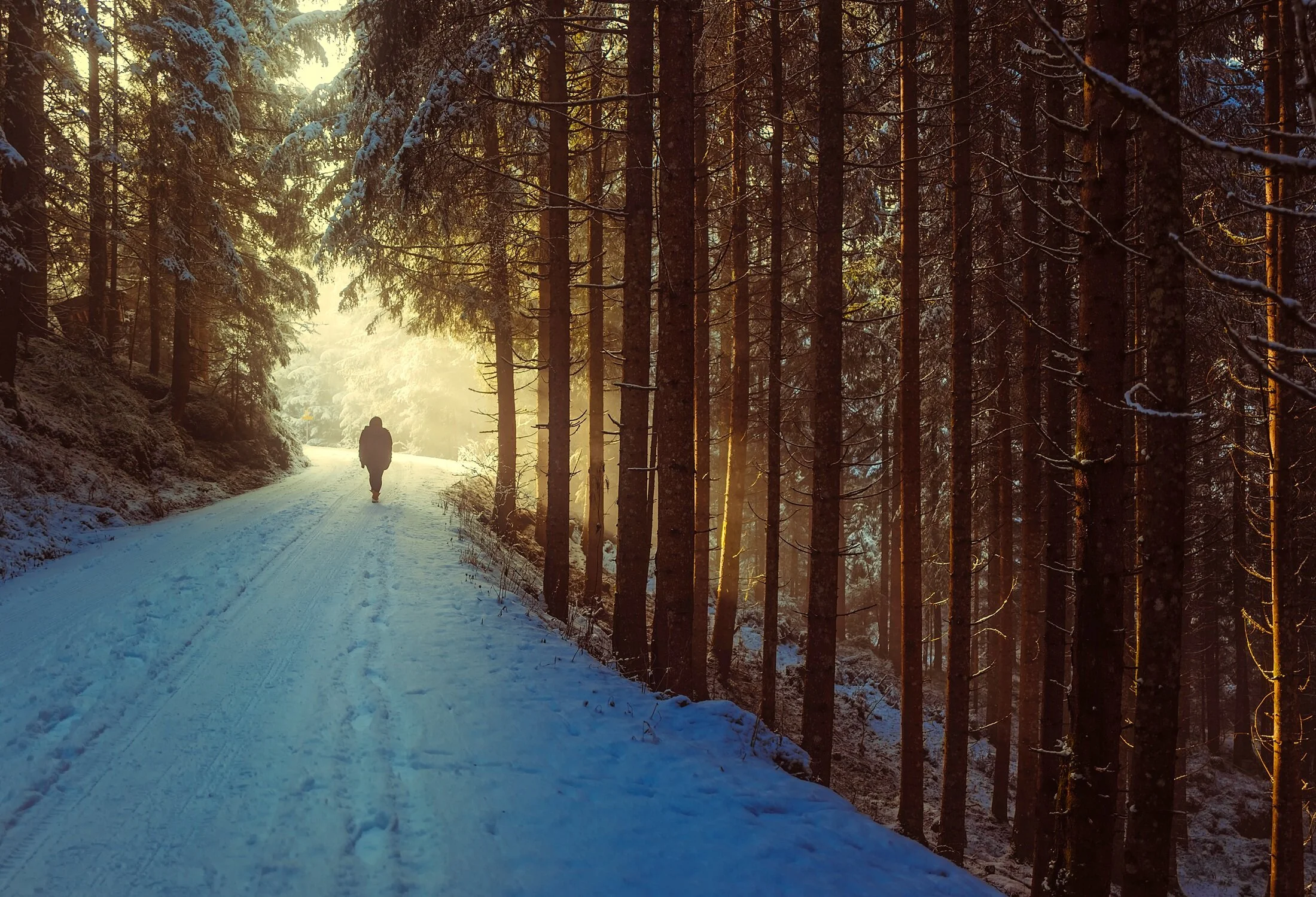5 tips to get you through your next through hike and guarantee success
Long multi-day and multi-week through hikes can be an extremely demanding activity. Just one day of arduous hike can put an unprepared hiker down-and-out for a few days. Here are tips that will increase your chances of getting to the end of your next through hike.
Take it slow:
Are you in a rush? I hope not because pushing yourself to hard is a guaranteed way to fail early. Take it slow and take it easy but make sure you make those miles. This is the line hikers walk on.
Take it slow and dont rush. You will wear yourself out early. Also take breaks. Every hour take a few minutes break. Conserve your energy because this hike will be longer than just a couple of days.
If you are going to set a date for when you need to arrive at your destination, make sure it is a conservative amount of time. Expect to take rest days. Long distance through hikers will hike for a substantial amount of time (different for each hiker) and take a few days to recover.
Where you choose to stop depends on you. Maybe you found some cool people, a nice place to stay, or a town that you enjoy. Either dont push yourself so hard and let your body recover.
Do not hike through pain but do hike through sourness. Everyone will get soar in any capacity and if you will make it to the end you will need to fight through it. Pains, on the other hand, is a sign of your body telling you something is wrong. Sharp pains or struggling to walk is a sign that you should stop and evaluate what you are doing. Do you need medical attention or more, substantial break?
Be prepared:
When I mean be prepared I'm talking about gear and knowing how to use it properly. The most important gear will be your shoes, socks, and pack. Make sure you have quality socks and/or sock liners.
Secondly make sure you have quality shoes (hiking shoes, boots, trail runners, etc) and they are worn in but not worn out. You feet will take the bulk of the abuse on a long through hike and your legs will be the reason you might fail, so dont let the gods of failure win and kick them in the teeth with your excellent hiking footwear.
You should know how to pack, wear, and put on your pack correctly. I see many hikers with sore backs and shoulders but a properly worn pack should not give you any of these even after a multi-week hike. The key to this is properly harnessing the waist strap. Make sure your pack has a comfortable waist strap and that you wear it correctly. See of hiking pack guide in the link at the end of the article.
The last thing is to know how to use your equipment. The saying goes “knowledge is power” and that is true here. If you are bringing a stove then know how it works. If you are hiking any route then know the conditions, elevation changes, trails, maps, difficulty, weather, etc. If you have a tent then know how to set it up on a clear day, rain, windy conditions, at night, how to scout a place to plot a tent, etc. Do you need a bear canister? How do you treat an injury or use your first aid kit? Know what you are getting yourself into.
And for the love of god, test your gear before you go.
Food:
The trick to keeping your body happy is small but frequent snacks. This might be weird at first and instinct is to just eat a lot since you will work through those calories as you walk but binging has negative effects on the body and your energy level.
After a binge your sugar level in the blood increases and your body combats this by increasing the amount of insulin in the blood. This is especially the case for foods with high glycemic index such as typical budget.
Small but frequent snacks will help keep your insulin regulated, stomach always full, and your energy up. Keeping your energy up is important because this also keeps your confidence up as well.
Pack weight:
They say the number one reason people fail a through hike is because of exhaustion. The load on your back has a big part to play in this. The heavier your pack the more you weigh and the more stress you put on your legs.
Stop packing canned food. Unless you plan on eating the can the first day, dont pack canned food. I can not tell you how many times I have seen cans of any kind in hiker boxes. Cans are not only heavy but the food inside of it are stored with excess of water. Dehydrated version of any food in a bag will be a fraction of the weight of the same food in a can.
What you should be packing is foods with high calorie to weight ratio. Some people go crazy with what they pack but I think food is a big part of keeping your confidence up, so I say pack healthy and pack well. Do not be afraid to pack what you like even if its not super lean. Just make sure not to load up on junk food.
What helps to lower pack weight is to pack only what you need and pack things with dual purposes. Really look at what you are packing and ask yourself “Do I really need this or is it one of those just in case items I will never use and even if I needed it I can make due without?”. Be your own worst enemy when it comes to reducing pack weight and remember that anything you need you will be able to buy on the trail.
Now to contradict my statement I will say, dont hike bare bones. Do not deplete yourself of those simple comforts. If a fresh cup of coffee every morning brings you joy, then pack that small french press. If you can not sit on a dirt floor for no longer than a few minutes then bring that but pad. All I ask is you really think about what you are bringing and try to avoid those “just in case items” that never get used.
When should I hike:
This is much dependent on where and when you will be hiking. This can depend on what hemisphere you are in, how long your trail is, what month you start, how long it will take to hike the whole trail, what direction you are traveling, how fast you will hike, etc.
For long hikes like the AT people usually start in the south in early spring or even late winter so that by the time you get to the northern part of the country you will be in warm weather. If you start in the north, you might want to start in the summer so by the time you get south enough the climate will equalize with the season.
On hot days try to hike during the morning and on cold days start midday. The coldest time of the day is usually in the morning and late night. If hiking midday, make sure you are protected from the sun.










